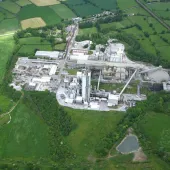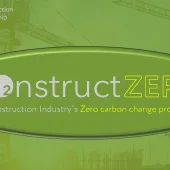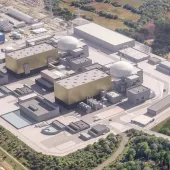Heidelberg Materials launches Italian decarbonisation project
Heidelberg Materials has started a feasibility study at its Rezzato-Mazzano cement plant in Brescia, Italy, aiming to develop the country’s first carbon-captured net-zero cement and concrete production facility. The study explores the use of Carbon Capture and Storage (CCS) technology as part of the company’s broader effort to decarbonise cement production.
The project leverages Heidelberg’s experience from its previous CCUS (Carbon Capture, Utilisation, and Storage) initiatives, with the goal of becoming a leader in Italy’s growing CCS sector. The plant could be part of Italy’s first large-scale CCS cluster, helping to significantly reduce CO₂ emissions in the region.
A key development supporting the project is the Ravenna CCS project, a joint venture between Italian energy company Eni and energy infrastructure operator Snam. Phase 1 of this project is already underway, focusing on transforming depleted gas fields in the Adriatic Sea into permanent geological storage sites for CO₂. With a total storage capacity of 500 million tonnes, the Ravenna project could play a central role in storing CO₂ captured from the Rezzato-Mazzano plant.
“We are excited to explore the economic feasibility of a carbon capture initiative in the Mediterranean,” said Dr Dominik von Achten, chairman of Heidelberg Materials. “Our ambition is not only to create a highly efficient decarbonisation initiative but also to help develop a regional CCS cluster.”
Heidelberg Materials is now in technical discussions with Eni and Snam to assess the logistics of capturing CO₂ from the cement plant and transporting it to the Ravenna storage hub through a pipeline network. The company is targeting a capture rate of more than 95% of the plant’s emissions, with plans to supply carbon captured net-zero cement under its evoZero brand.
Jon Morrish, Heidelberg’s managing board member for Europe, said the initiative could set a new standard for industrial-scale CCS in Italy, helping local customers access sustainable, net-zero building materials. If successful, the Rezzato-Mazzano plant will be a critical component in Italy’s decarbonisation efforts.
Heidelberg’s study marks a significant step towards creating a Mediterranean CCS hub, contributing to global efforts to meet carbon reduction targets.







